wasn’t as success as day one. They lost their first game out in three sets. Since it’s bracket play, that put them immediately in the consolation bracket…

And the only picture from today: a 20+ year old picture from Slovakia on New Year’s Day.
wasn’t as success as day one. They lost their first game out in three sets. Since it’s bracket play, that put them immediately in the consolation bracket…

And the only picture from today: a 20+ year old picture from Slovakia on New Year’s Day.
We had our first of two tournaments during this spring break week today — at least, the pool play was today. Our girls are the number 4 ranked team in the tournament, and they were the highest-ranked team in their pool. They faced off first with a team from Myrtle Beach and dispatched them quickly: 25-12, 25-9. The Myrtle Beach team, ranked 18th in the tournament, just didn’t seem like they had their act together at all.
After a short break, they faced their second opponent, a team called Xcell, ranked 22. Our girls finished them off in straight sets as well. During the next break, the Myrtle Beach team played the second-highest-ranked team in our pool, a team from just north of Charlotte. They lost the first set 17-25 but won the second set 25-22. They dropped the third set 13-15, and I found myself thinking that if a team we beat 25-12, 25-9 took a set from the team from Charlotte, we shouldn’t have too much trouble with them.
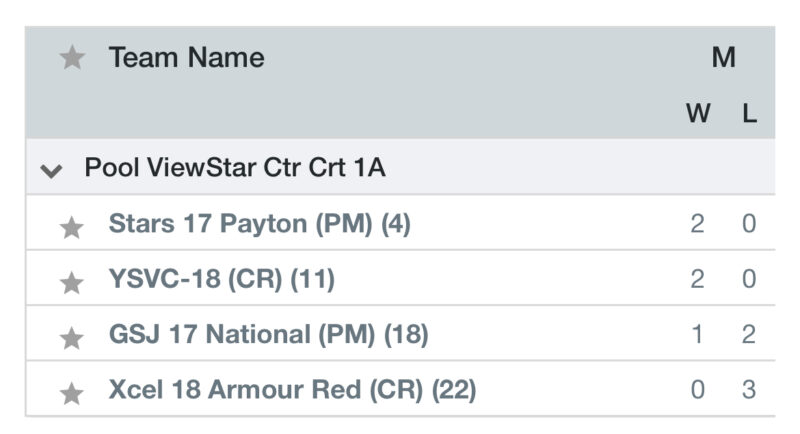
After another game, our girls faced off against them, the two undefeated teams in the pool. The first set was close for the first ten points each or so, but then our girls started pulling away and ended up winning 25-19.
The second set, our girls started falling apart a little, and then a lot. Soon, they were down 6-13. K was watching a stream of the game from home, and she went to the laundry room to do some work. Our girls decided to get some work done as well and went on a 10-1 run. From that amazing 16-14 comeback, they just kept plowing ahead, winning in the end 25-20. That means from 6-13 to the final 25-20 result, our girls went on a 19-7 run.
So they were the only undefeated team in the pool. They’ll start tomorrow in the early afternoon.
And the shocker: I decided not to take a camera today and simply enjoy the moments.

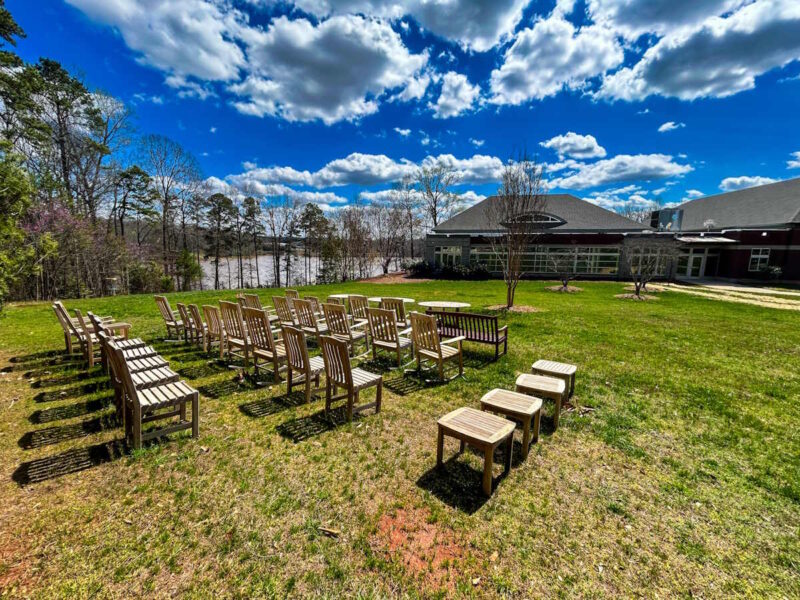
Today was such lovely weather that we knew we had to head to our favorite park for a walk. The plan was to head out after lunch. It would just be K, E, and I because L was out all day, working and completing various obligations.

It’s just the three of us more and more often, which is understandable: the Girl is about to finish her junior year of high school, and she’s increasingly independent. She’s always been independent, but with a car, a job, and social life, K and I sometimes worry that she might be a little too independent.

Just before lunch, though, plans changed: E’s close friend invited him over for the afternoon.

“So I guess it’s just the two of us,” K said.
We’re used to that, in theory, but we’ve been a four of us for so long that it’s a distant memory more than anything else.

A distant memory that’s becoming an ever-nearing future.
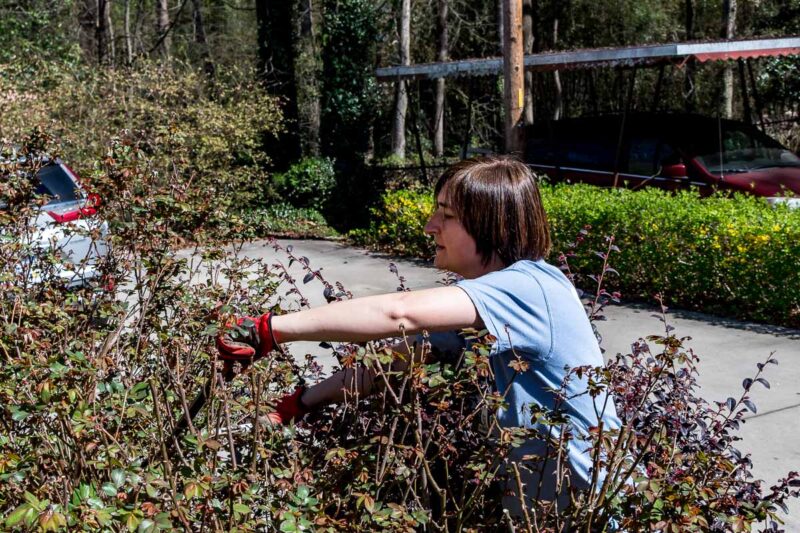
After the walk, K and I spend some time in the yard. She trimmed the roses and hedges; I mowed the lawn for the first time this year.

All in all, a perfect little Sunday.

The girls spent the weekend in Orlando at the — guess! You’ll never guess — Sunshine Qualifier volleyball tournament, and K was sending me pictures the whole time, but I neglected to post them here.


“This might be the last time you’re here,” L told K when K was talking about all the food options there, “so enjoy it!”

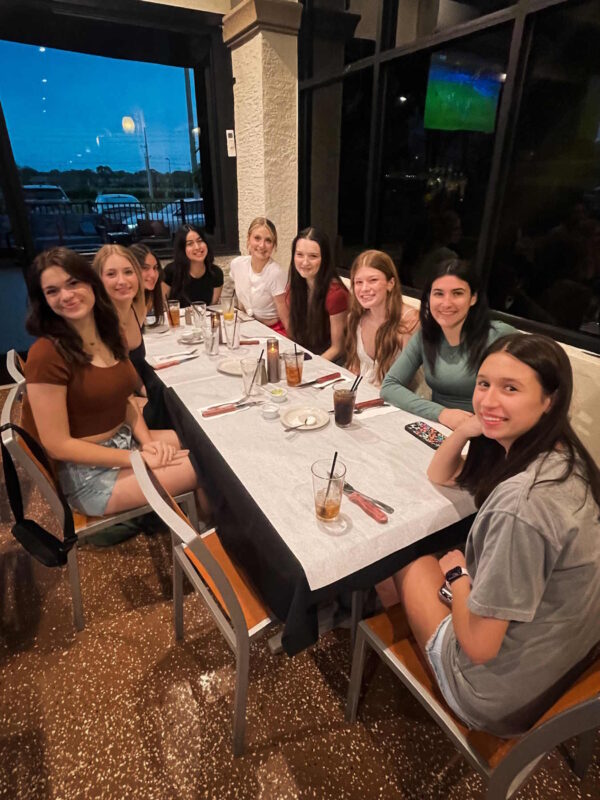
Last time K is there? Well, I am taking her to Nationals in Orlando in June, but what about next year?

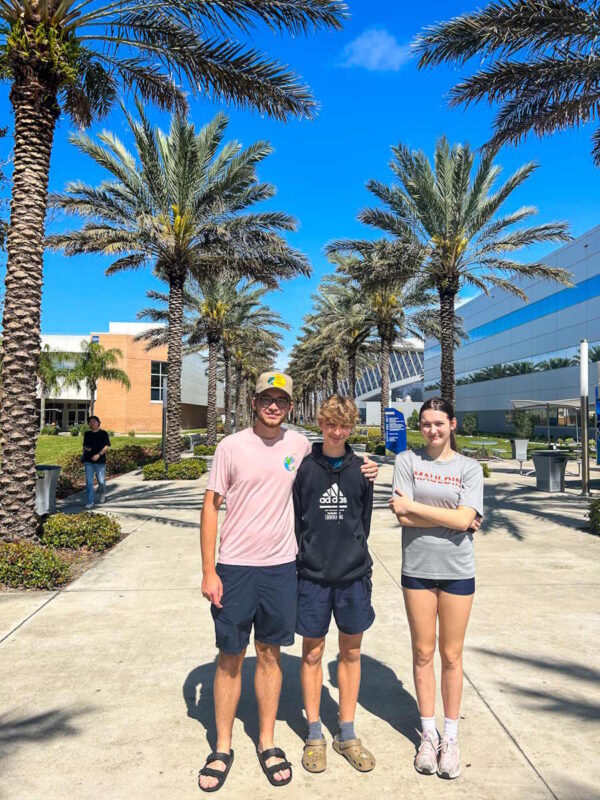
Truth be told, this might very well be the last club season for us. If L doesn’t get a volleyball-based scholarship, there will be very little motivation to spend the time and money next year. Does this mean she’s giving up on her dream? Not really—academic scholarships have always been more likely (the girl is ranked 11 in a class of 400+ students) and she’s never experienced anything other than success in school. I think her lowest grade of high school is a 94 or 95.
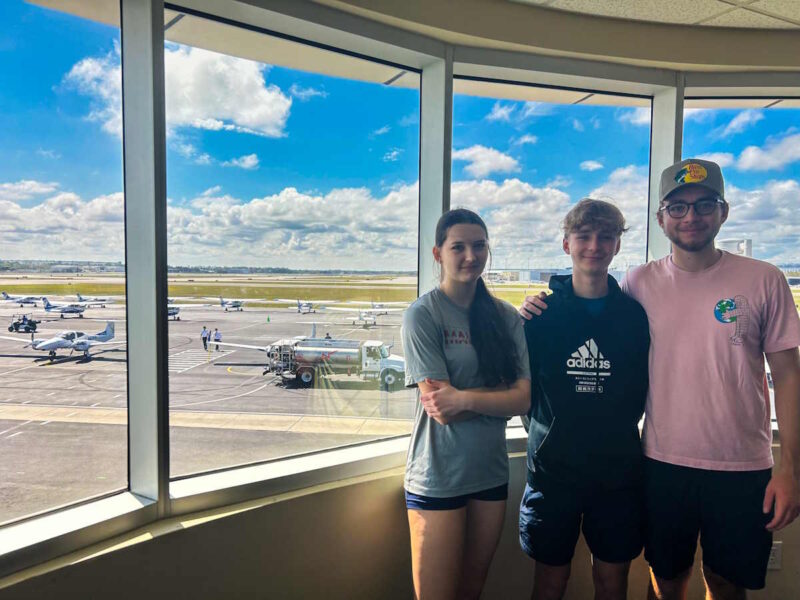
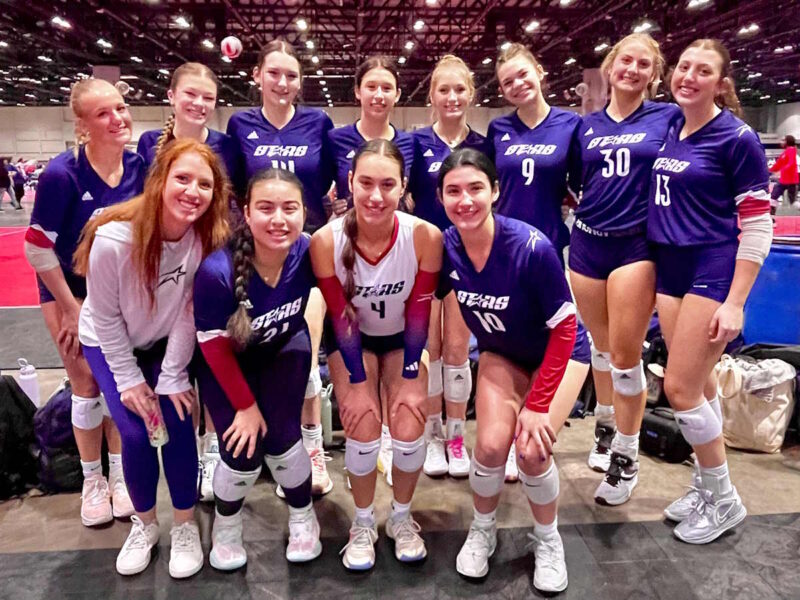


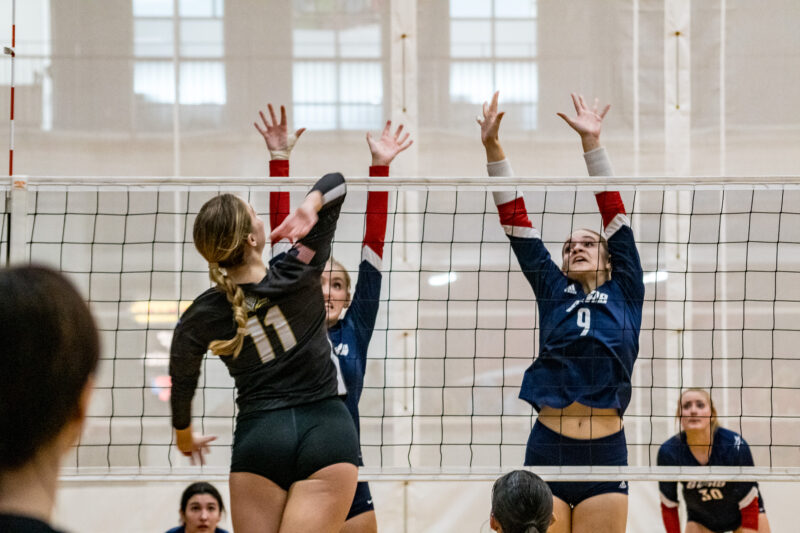
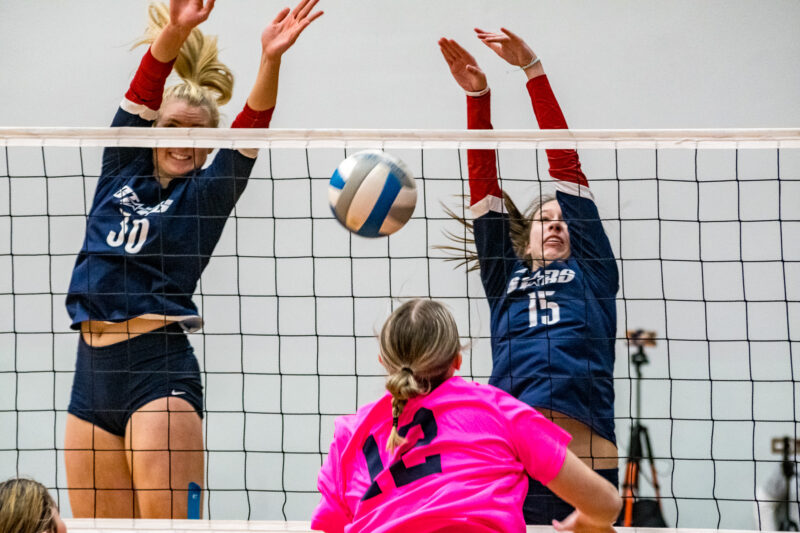
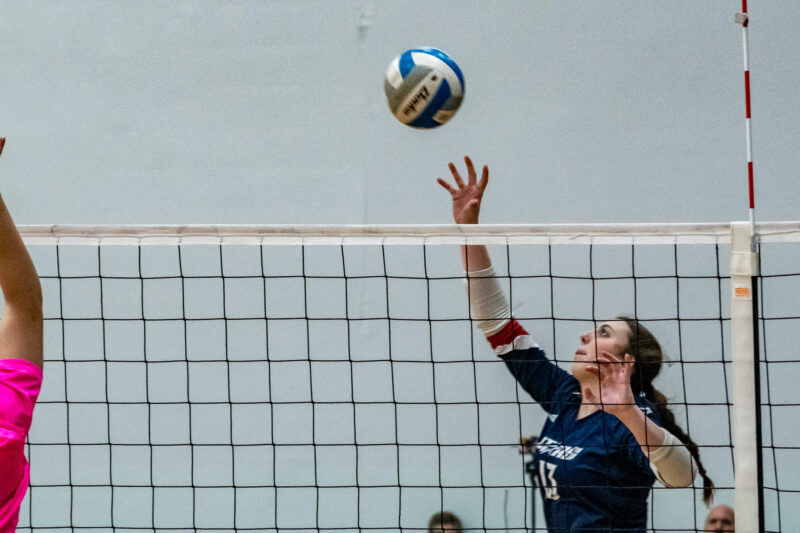
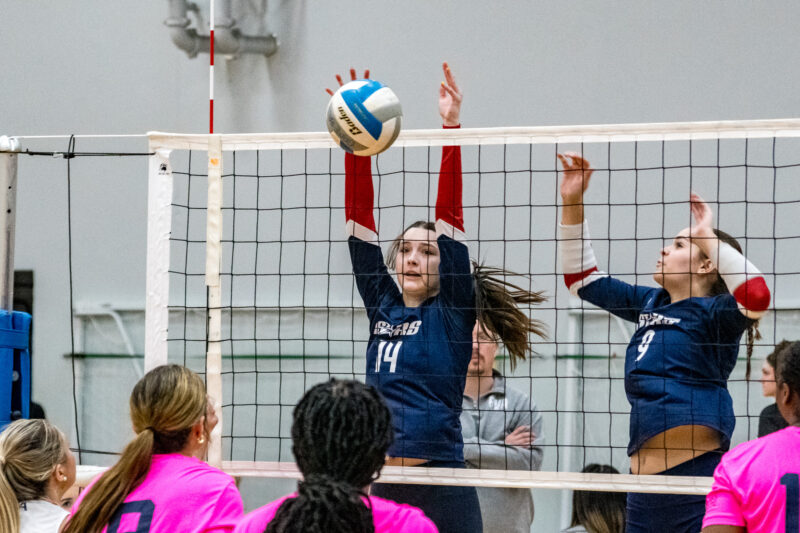
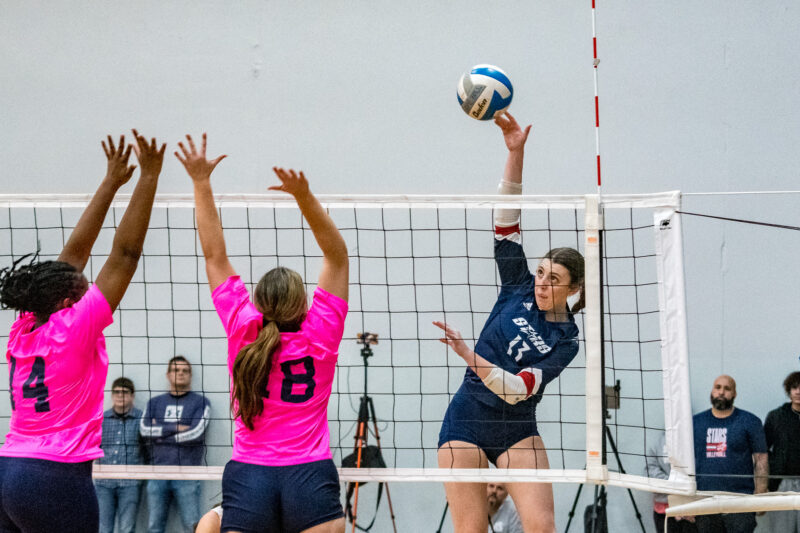
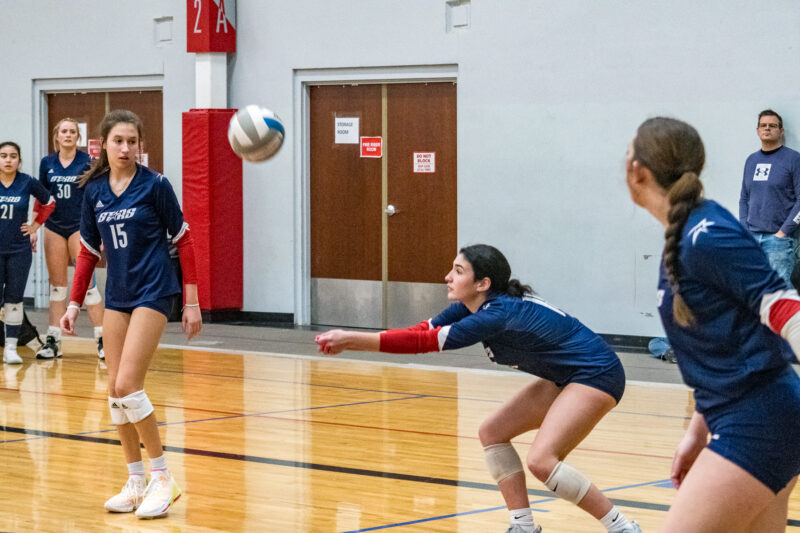
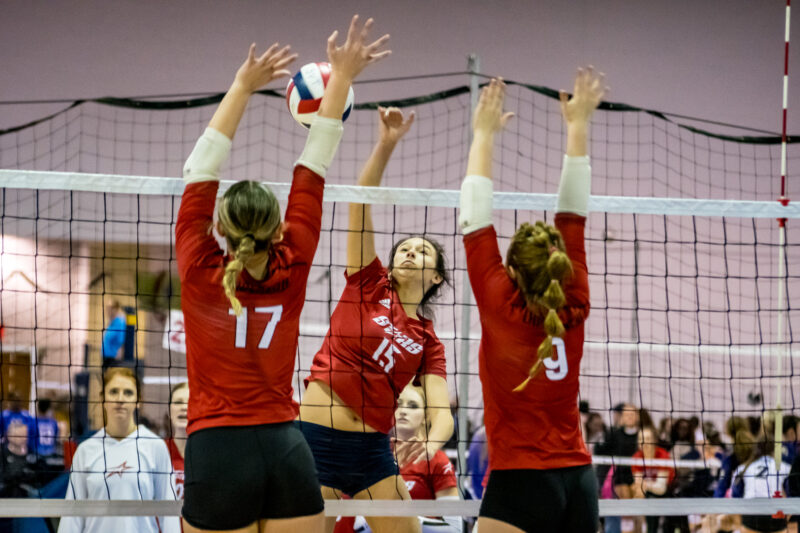

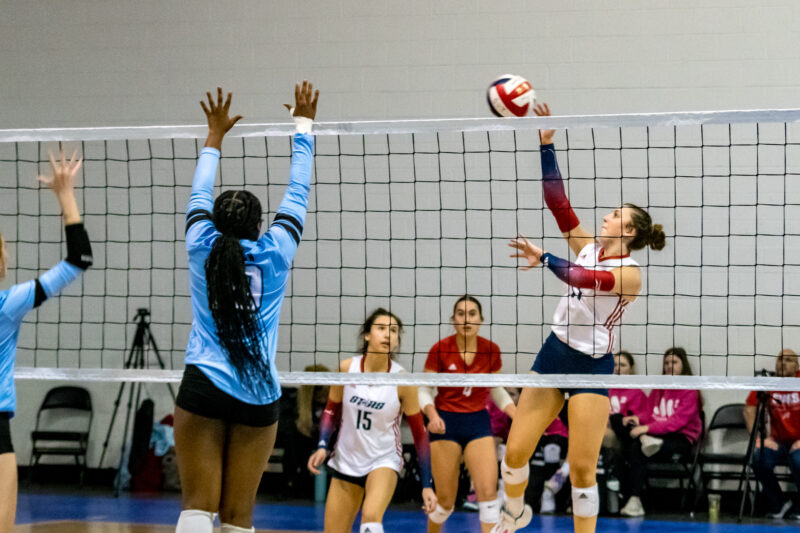
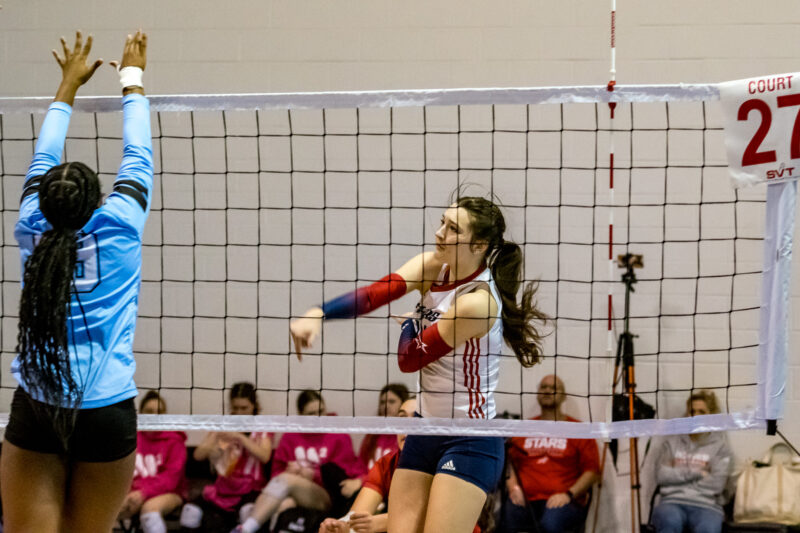

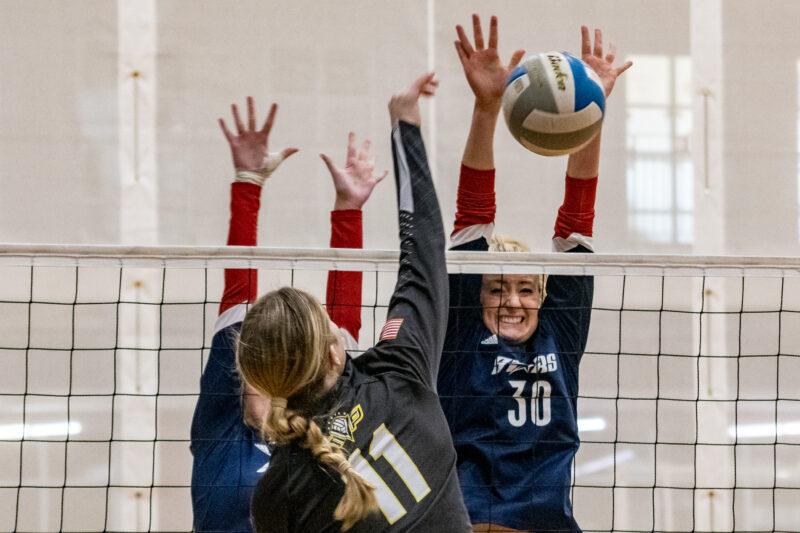
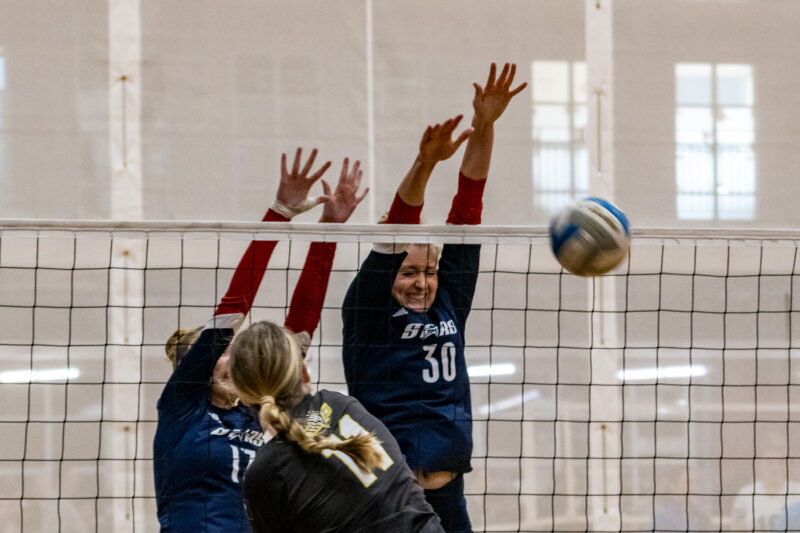
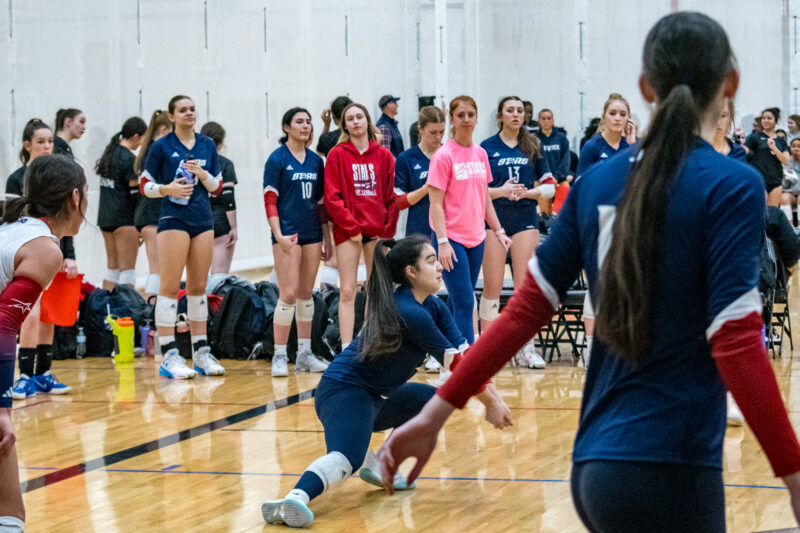
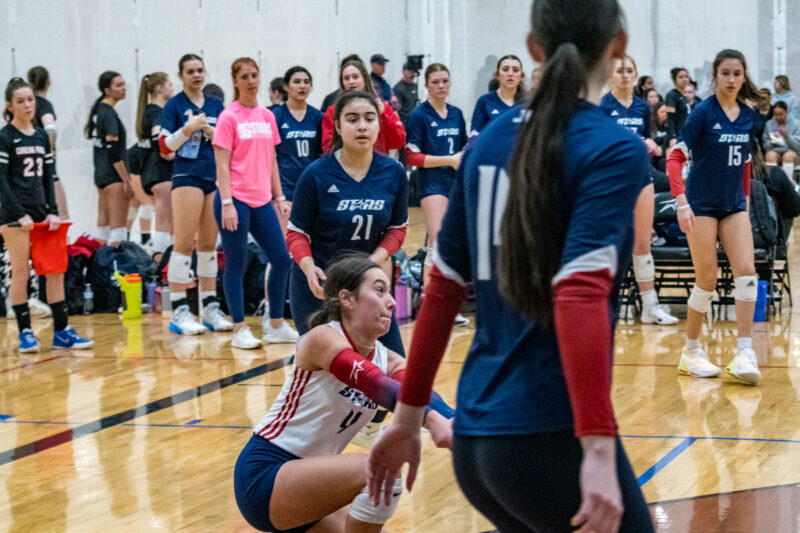

“Every single kid in this class been suspended at least once.”
It was a fair claim, and honestly speaking, I knew the girl who said it might actually be right. At least for half a second, that’s what I thought. A quiet voice beside me reminded me that that probably wasn’t the case.
“I haven’t.”
The shy words came from one of the best students in the class, a hard work boy who never has any behavior problems. The two girls with whom I was speaking — with whom I’d drifted so off topic from our classwork that I felt somewhat guilty continuing it and did so only because of a perceived need to explain some basic facts to some confused girls — the two girls just looked at him. I jumped in.
“And in fact I can show you a whole class of students that have never been suspended.” I had in mind my honors group, but times are changing, and being in an honors class no longer necessarily means perfect behavior, so they argued, tossing a couple of names at me. Knowing they were likely right, I persisted nonetheless in asserting that none of them had been suspended.
Finally, the girls turned to the fatalistic refrain of at-risk kids: “Well, that’s them, not us.”
“But it could be you,” I suggested, and one would think I’d suggested that they could fly to the moons of Jupiter by their own power, such was the looks of disbelief.
“That ain’t us!” they insisted.
The Girl played in her first tournament since her stomach issues today. Her team went 3-0, not dropping a single set.
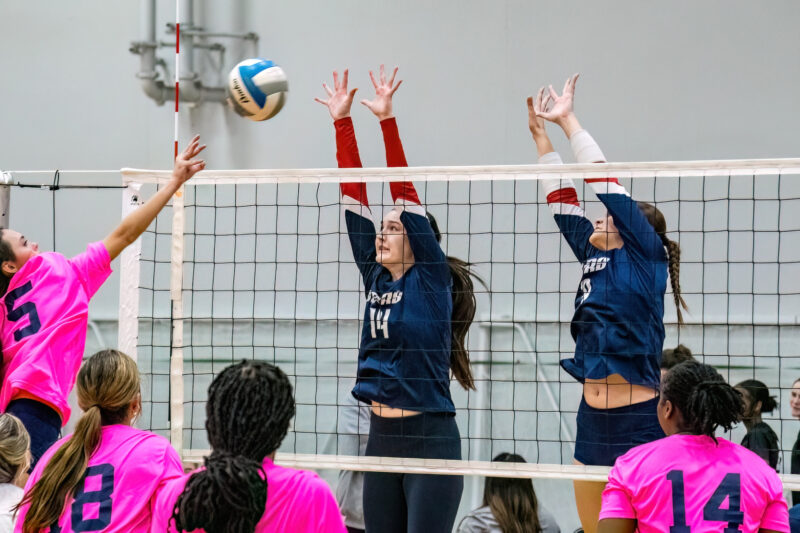
And our Girl was on the court again, doing what she loves again.
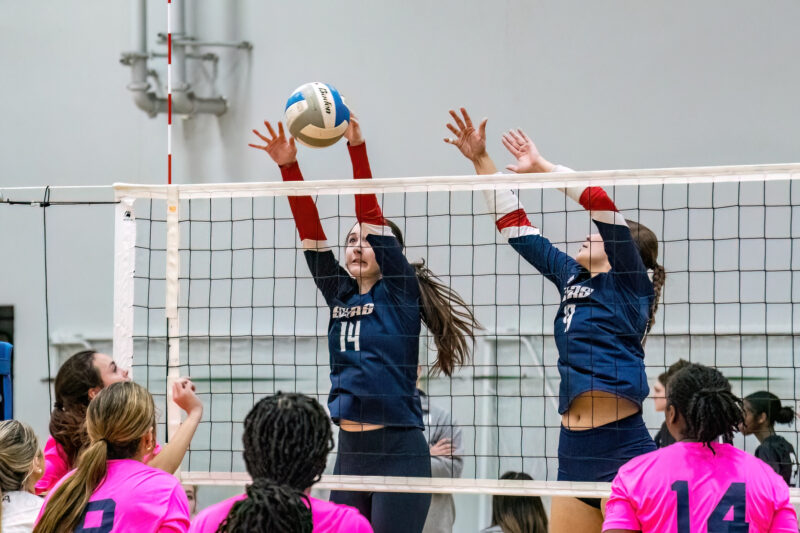
It was good to see.
I was on my way out to my car when the two little Muslim sisters (I knew this because they both cover their heads with scarves) passed me. I greeted them and somehow, we began talking. A group of their friends, all girls, gathered around us, all talking to me at almost the same time. I asked them where they’re from, and one girl said that she’s from Afghanistan.
“Do you speak Dari or Pashto at home?” I asked. Her jaw dropped.
“You know those?!”
“No, no, not how to speak them. I just know they exist. I know they’re the primary languages of Afghanistan.”
She smiled ear to ear: “We speak Pashto.”
“I’m from Iran,” another girl said. “I speak Persian at home.”
“Oh — Farsi, right? Isn’t ‘thank you’ in Farsi ‘Mersi’?” I asked.
Another jaw dropped.
“I just always found it strangely beautiful that it’s a loan word from French.”
“Do you speak French” the lone boy asked.
“Un peu,” I responded, winking, hoping he wouldn’t push me beyond my meager limits in the language.
But before that could happen, one of the young covered girls announced, “I’m Fatima!” They’d been telling me their names, and she finally got hers squeezed in.
“Oh, like the prophet Mohammed’s daughter, right?” I asked.
Her eyes got enormous and she ran back into the classroom, presumably to tell someone.
The fact that I know these little tidbits seemed to me simply basic education about other cultures. I know Dari and Pashto were Afghan languages because of our country’s involvement in that country and learning a little about it and its history at that point. I know “mersi” was one way in Farsi to say “thank you” because I sat next to an Iranian woman and her child on a flight from Charlotte to Munich in 2015 when I followed K and the kids to Poland a few weeks after they’d left. I know Mohammed’s daughter was Fatima because I read parts of a book about the supposed apparitions of Mary at Fatima. I know a bit of French because I too two years of it in college. Just a few tidbits of knowledge about these girls’ (and one boy’s) language and culture, but it seemed to make their day.
So little to create so much.
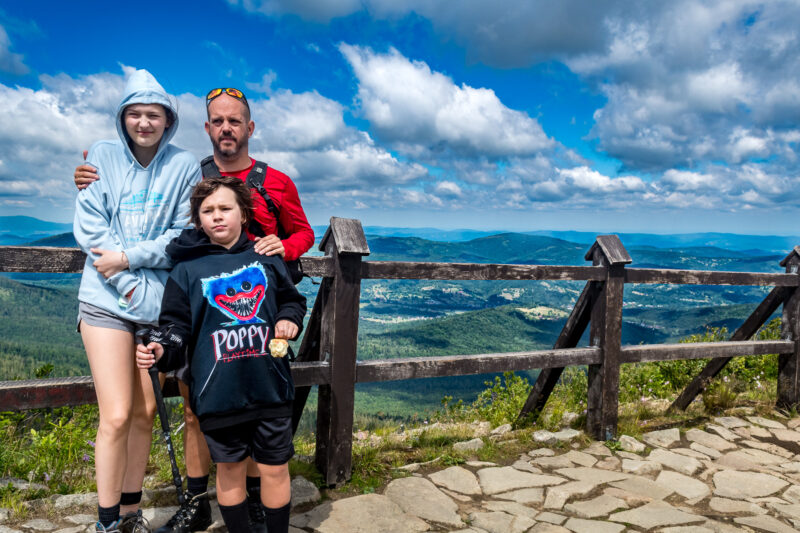
One of the things we accomplished this weekend was getting a new computer for the Boy. The Girl needs one, too, but we still don’t know the specs she’ll need for what programs she might be running in college. So today I got the computer set up and snapped a picture to text to E. He was at his friend’s house having some needed buddy time. However, he’d left his phone at home. So it was for naught. But I got a picture for the day out of it…
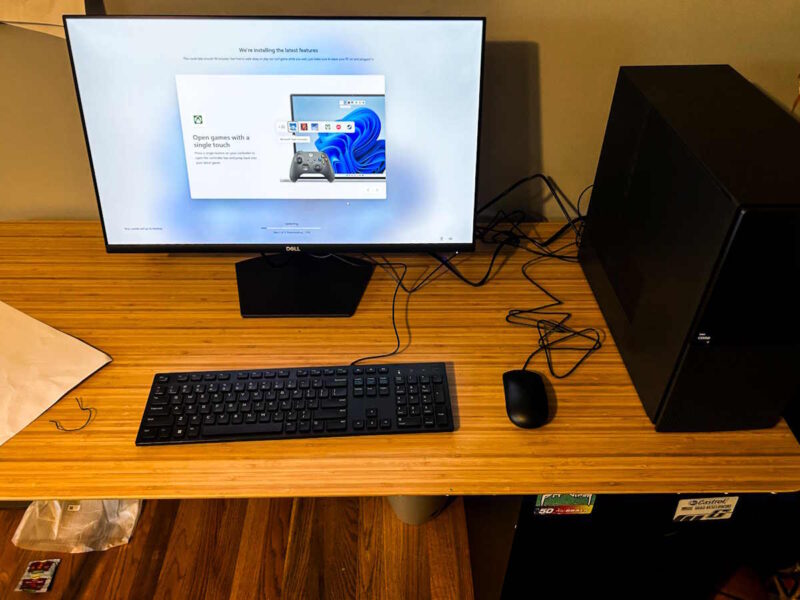
It’s Spirit Week at the Girl’s high school, and today’s theme was rhyme without reason. She explained it to me when I asked why she was wearing a yellow vest. She was pairing with a friend for the rhyme part: L’s portion was construction worker. I can’t remember what her friend’s outfit was the rhymed. At any rate, I off-handedly mentioned that K probably still had her hard helmet from her previous job.
The Girl’s eyes light up.
“Really?!?” And off she sprinted to our bedroom. “Mama, do you still have your hard helmet.”
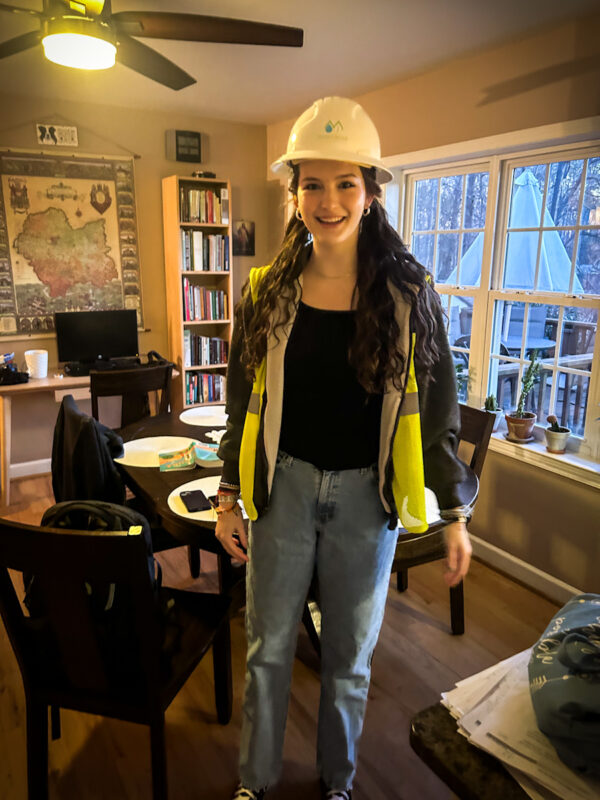
She was thrilled to find that she indeed still has her hard helmet.
It was wonderful to start the day with such a smile.
Things are returning to normal. The Girl’s GI issues seem to be slowly diminishing, and the Boy seems in better spirits.
Babcia is, as always, Babcia: always (almost) happy and smiling (until she gets to talking about Polish politics — don’t get her talking about politics).
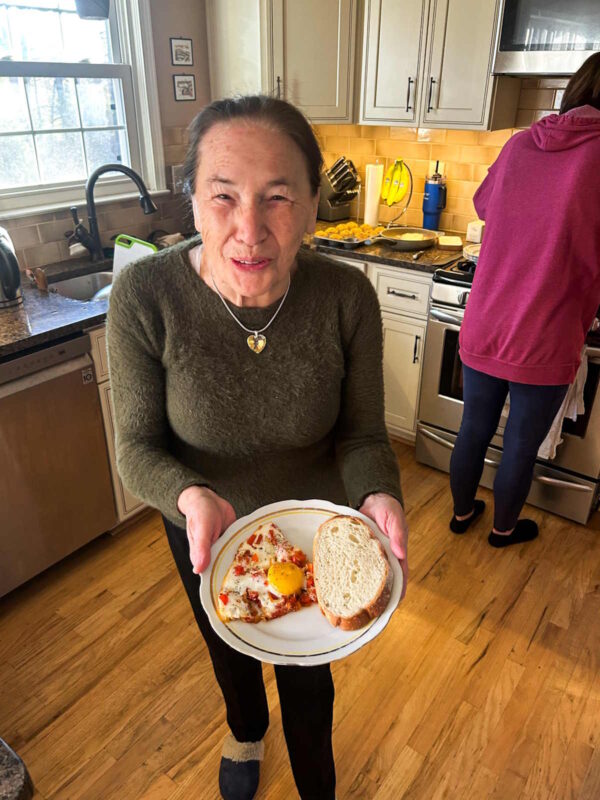
After a good breakfast, L and I headed to Rock Hill for the second day of the weekend’s tournament. The Girl helped out with warmups and was the biggest cheerleader on the bench.
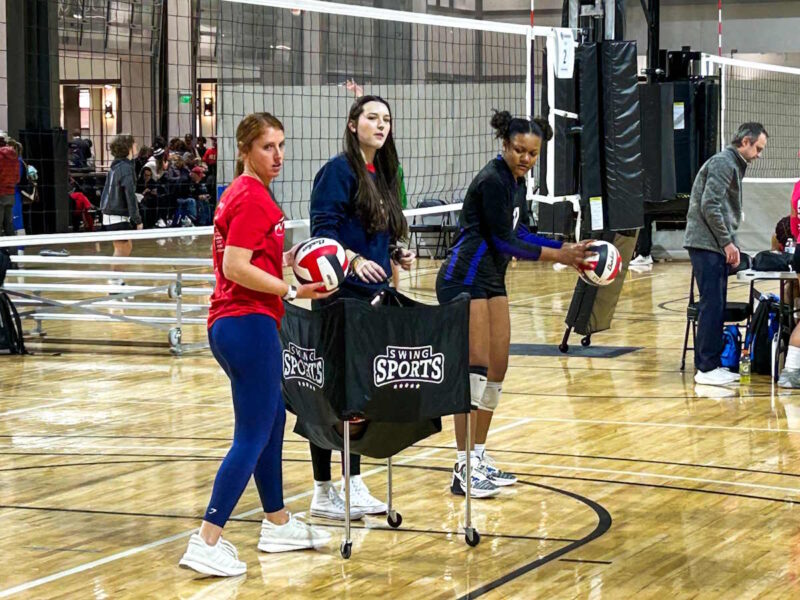
Their team made it to the final in the gold bracket — meaning in essence, the final for the whole tournament for their age bracket — and it was against another team from the same volleyball club. Since it, too, has a strong religious foundation (like last year’s team, but this club seems to be less interested in meddling in the private lives of the coaches like last year’s team, which fired the Girl’s team’s coaches — in the middle of the season — because they were living together out of wedlock — the shame!), the two teams circled up and prayed before the game.
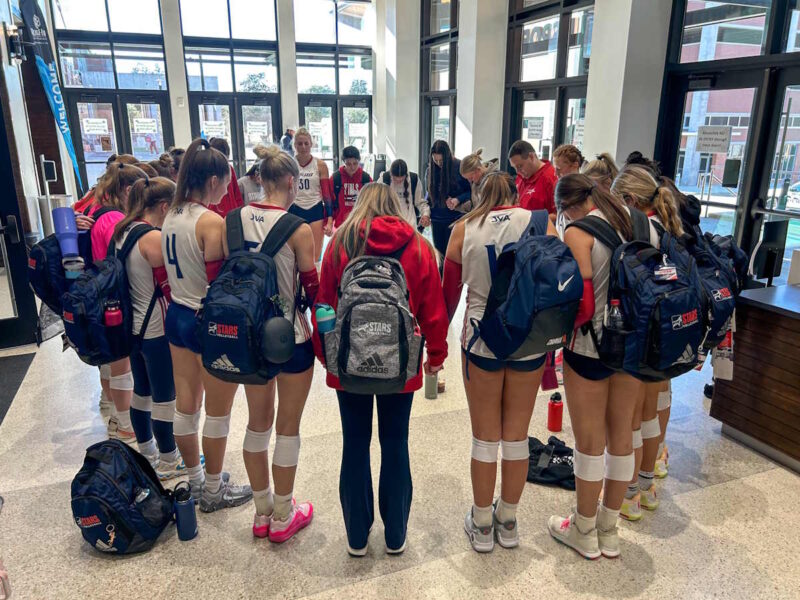
This team has beaten the Girl’s team badly once this year, but they were confident. Still, they’re kind of a family, I think: instead of simply giving each other low fives under the net, they popped onto the same side as our girls and there were hugs all around.
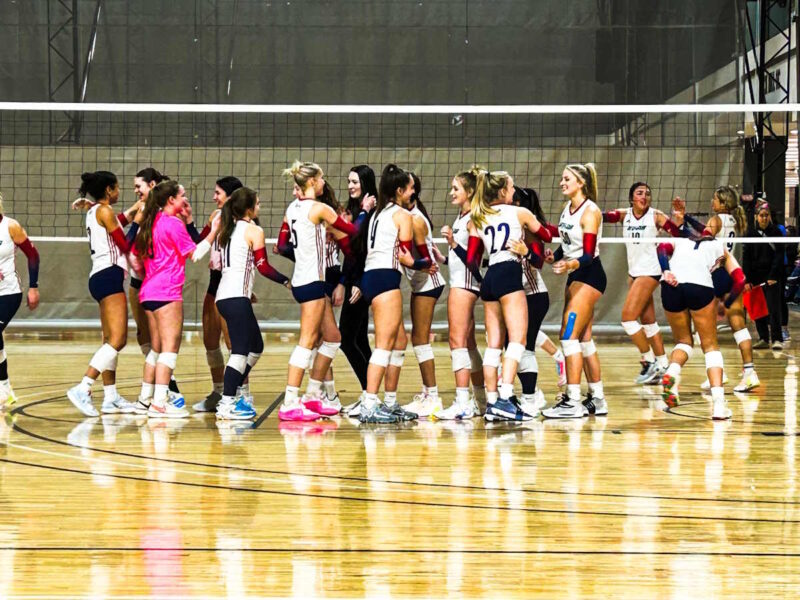
Our girls jumped out to an early lead in the first set and won it 25-21. The second set was a different story. They trailed by two for most of the set, but suddenly, it was 13-17. Then 13-18. And then 13-19. In the end, the lost 16-25.
The third and deciding set (which is only to 15) they were neck and neck until it was 8-8. Then three quick mistakes and they were down 8-11. Then 8-12. I was pretty sure it was over, the they rallied and evened the score at 13. They were up 14-13 when one of the other team’s hitters blasted a shot that was initially called out. Our girls celebrated; the parents were screaming. And then the call was reversed: there had been a touch on the block. 14-14. And how did it end? The girls rallied again and won 16-14:
And afterward — a group picture with both teams.
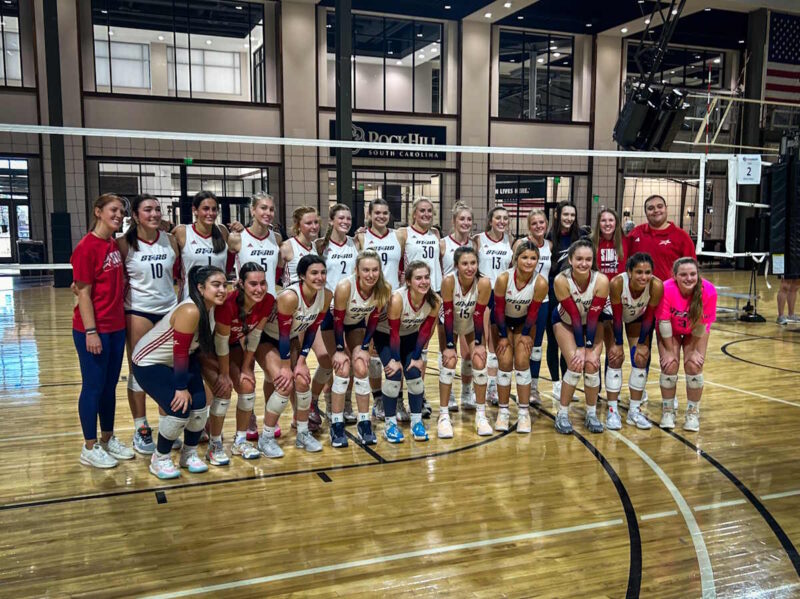
K, the Boy, and Babcia, meanwhile, were having a fine day as well.
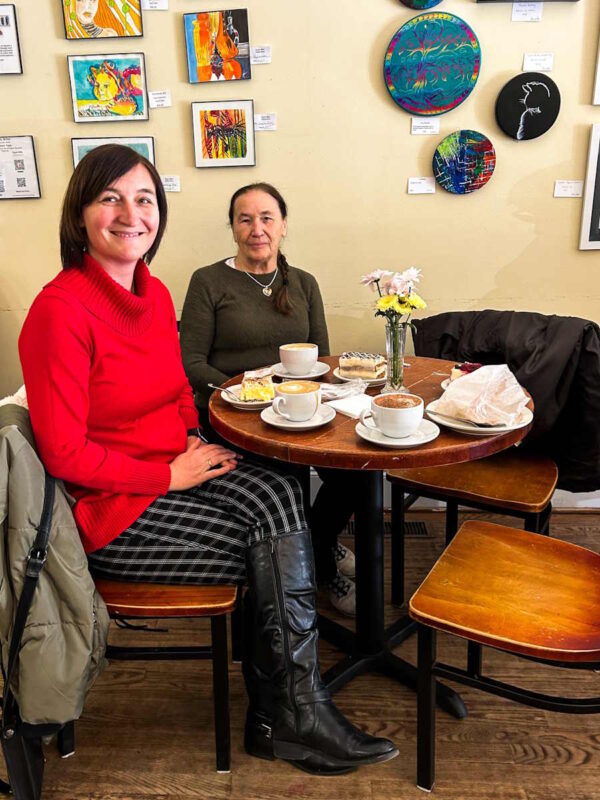
After church, they went to a relatively new cafe: Old Europe Cafe. The consensus among the Polish community: a nice cafe with a real Krakow-cafe feel.

Afterward, a walk in our lovely Falls Park.

In the evening, the Boy and I played cars a while — again. Just like old times.
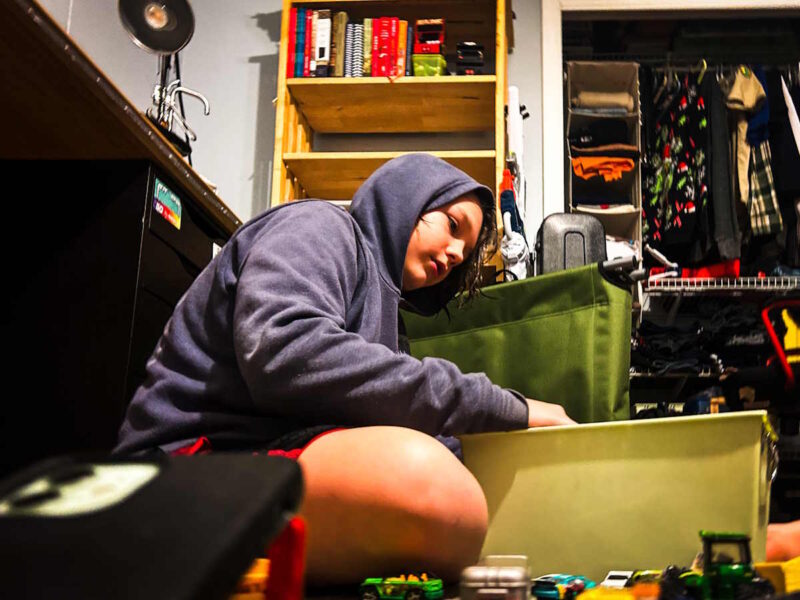
When facing troubling times, we’re always hoping we’ve reached a point where the worst of it is behind us, and we can start thinking of a return to normalcy.
When Nana went into the hospital in late 2018 after her pulmonary embolism, we all wondered when we’d reached a point where the worst was behind us. We thought it was when she came home the first time, but she had problems again and was readmitted. We thought it was when she was discharged and about to head to rehabilitation, but then she came down with shingles, which made any rehabilitation impossibly painful. It was around that time that I found myself wondering if she might never get out of that bed. In fact, she never did. I am still haunted with guilt about that period.
When the pandemic started making news in early 2020 and then everything shut down, we were thrown into that uncertain uncertainty: we didn’t even know what we didn’t know. For a while, I thought it was going to be the new normal for the foreseeable future, then I thought it was going to be the new normal for an indefinite but ever-more-stressful period of time. It wasn’t until the end of the summer and the plan to start heading back to school started to settle into place that I thought we might reach a point where we knew the worst was behind us. Death counts were dropping. Infection rates were falling. Maybe, just maybe, we’d reached a plateau.
When Papa started his decline, which was given a Parkinson’s diagnosis, we wondered when all his troubles might plateau and reach a new normal, at least for a while. We got the diagnosis, we got him on the new meds, and we got a new normal. A new Papa. Until the next decline, when it would all repeat. And then we got a new normal and a new Papa. A little less mobile. A little less cognitively present. But a plateau nonetheless. Until the next decline. The new normals were only temporary pauses in a long decline and only “normal” in the sense that someone suffering a degenerative condition like Parkinson’s could use that term.
Each scenario was — and I know this is an overused metaphor — a rollercoaster ride. A plateau means things are worsening, which means in a sense that things are better. Any day not worse than the day before is a good day in those situations. And just as rollercoasters can dizzy us and sicken our stomachs, the stress of chronic illness can do that to everyone around the sufferer. Everyone just wants the ups and downs, the flips and twists, to stop for just long enough (at least) for us to get our bearings and then catch our breath. We want to take a break from mysterious words like gastroenteritis and leukocytoclastic vasculitis, none more than the poor kid suffering from it. We want to know that the worst is behind us, that there’s hope that within some days, weeks, or (at worst) months, we’ll be back to normal. Our old normal.
The Girl went back to school today for the first time since Friday before last, as in January 5. It’s been a tough ten days, and we still have issues ahead of us, but at least we’re to a point where something of a normal life can return. I never missed ten days for an illness, but I missed significant time in the first semester because of having to go to the Feast of Tabernacles every year (along with the Feast of Trumpets and Atonement, which meant missing more school days). If I’d been as worried about my grades as L is about hers, that probably would have caused me more stress than it did. But then, the founder of our little sect died (38 years ago today, in fact), the new leader made a few changes, and the FOT (as we called it) became a thing of the past. Something the Girl doesn’t have to worry about.
The Boy is still frustrated with his schedule this semester, particularly that he doesn’t have PE anymore. In middle school, I hated PE. In the mid-eighties in Virginia (maybe not the whole state, but at least in our area), there was none of this “you can only fail once before high school” mentality that’s the standard here. (There are benefits to that, to be sure, but I’ve had kids tell me, “I’ve already failed once. There’s nothing you can do to me,” and then promptly do nothing the entire year.) But we didn’t have that, so kids could fail two or three times before getting to high school, which is why when I was in seventh grade (it was a junior high, with only two grades), there were two sixteen-year-old eighth graders. Dodgeball, which we played with those stinging rubber kickball balls, was utter hell. Those kids were strong. But fortunately, E doesn’t have that worry, so he consequently loves PE.
Two ways my childhood was so very different from our children’s.
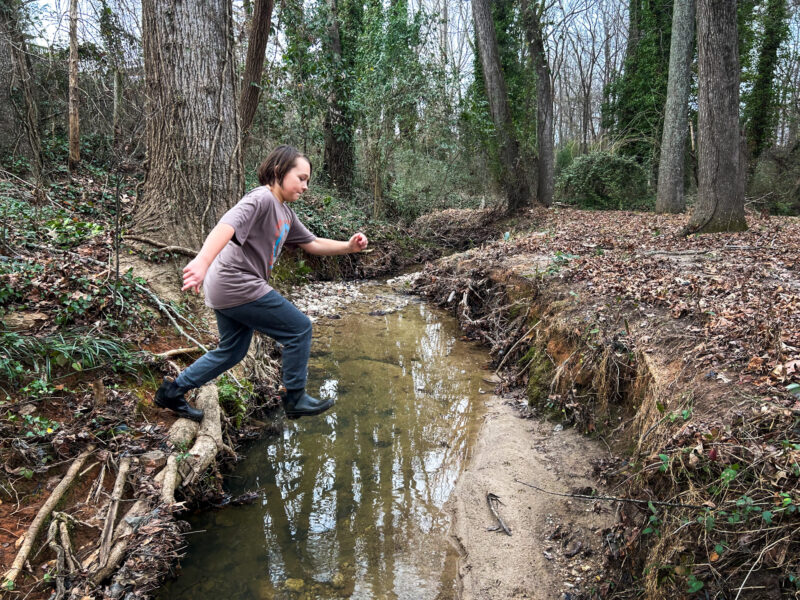
Life is about the moment, making the most of the now. Nothing new there.
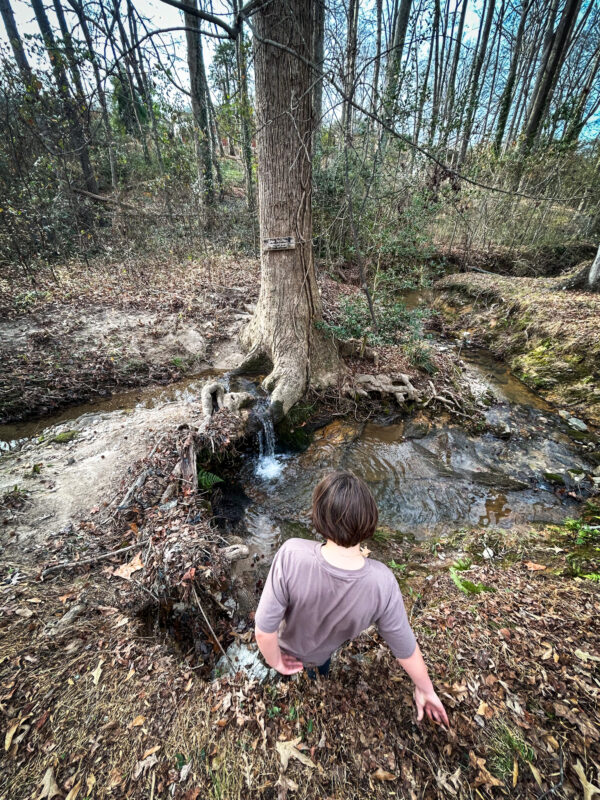
But we tend to forget it in health emergencies (who can live in the now then?!),

shopping (it is a little meditative at times, but really, we could do without),
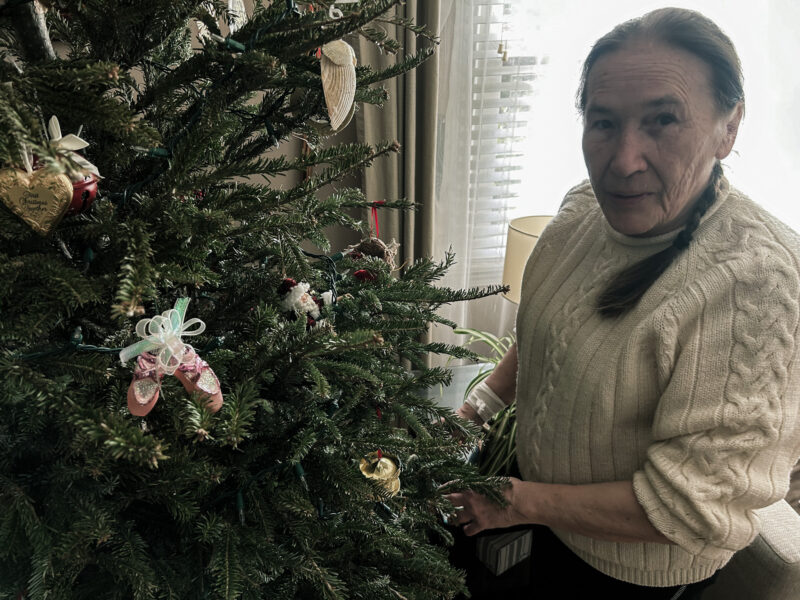
holidays (wonderful, but don’t you get tired of them after a while and need a year’s rest?),

and the like.
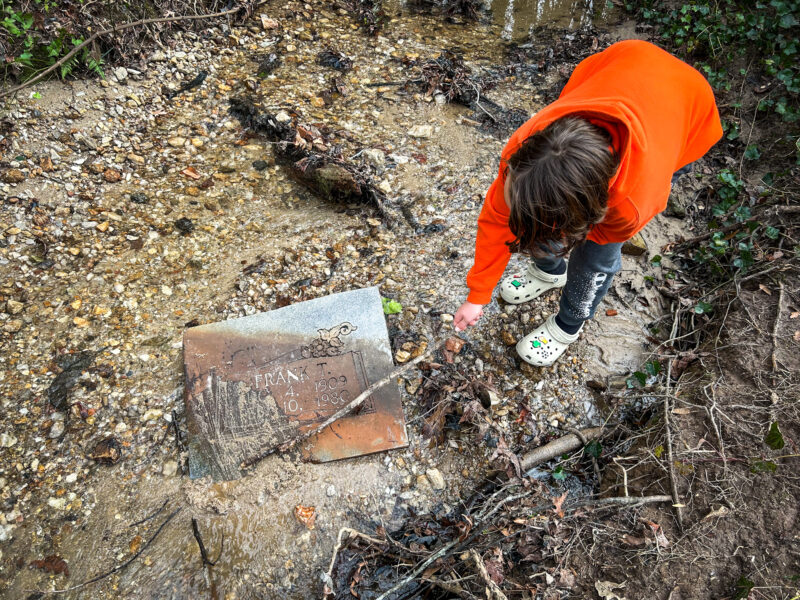
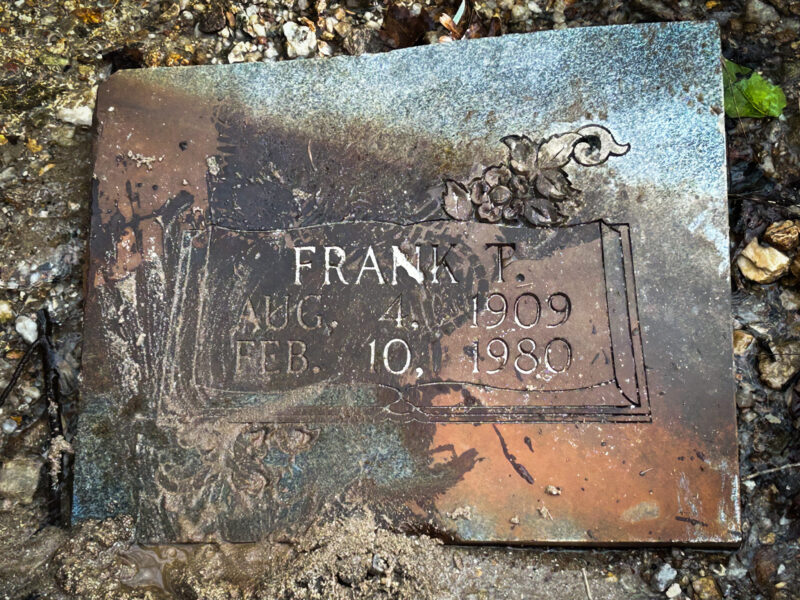
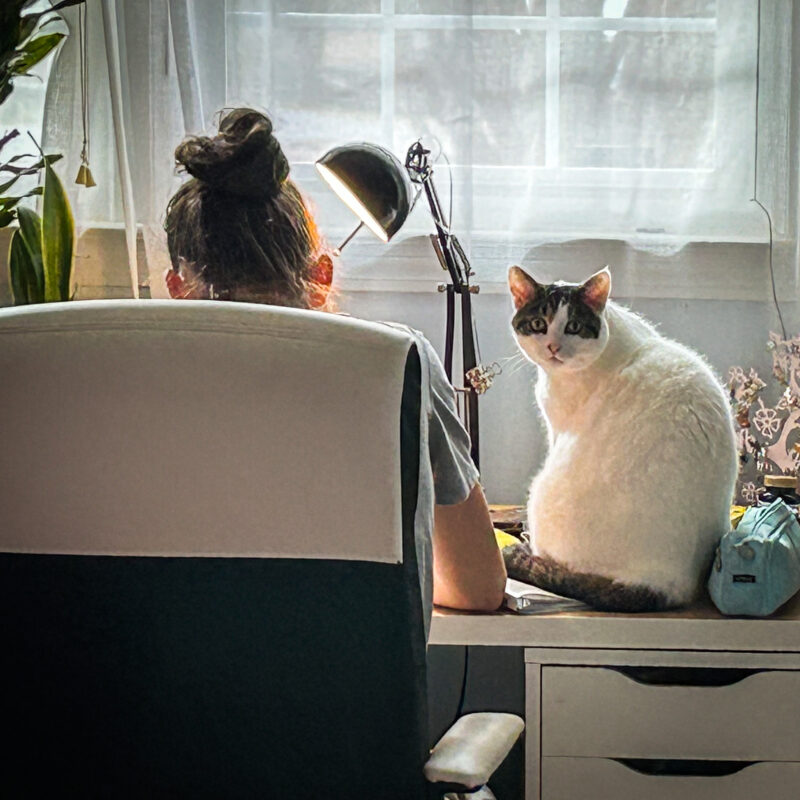
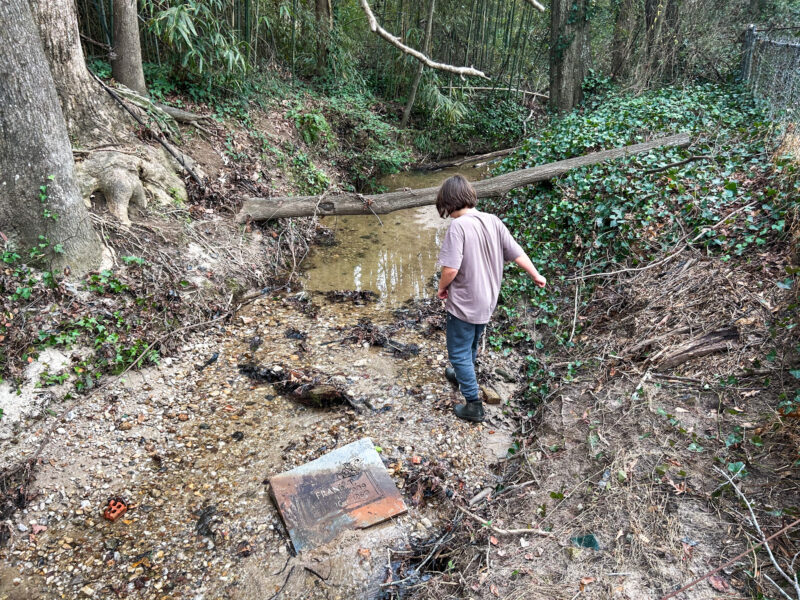
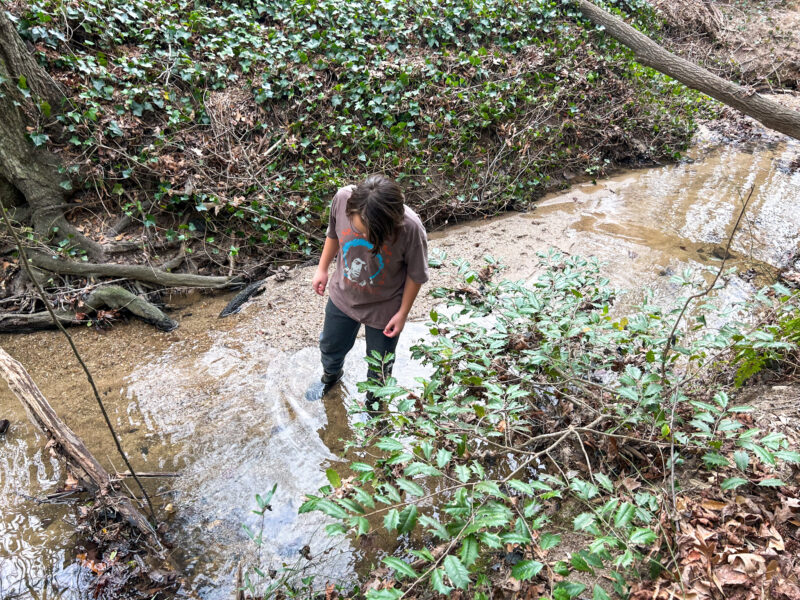
Growing up, birthdays were never of any importance to me. Our sect taught that the celebration of birthdays was a sinful vanity and that those truly trying to “be like Christ” would have no interest in shallow self-adulation. So I never once had a birthday party growing up, and I don’t really recall much acknowledgment of my birthday than “Hey, you’re nine today. Really growing up fast!”
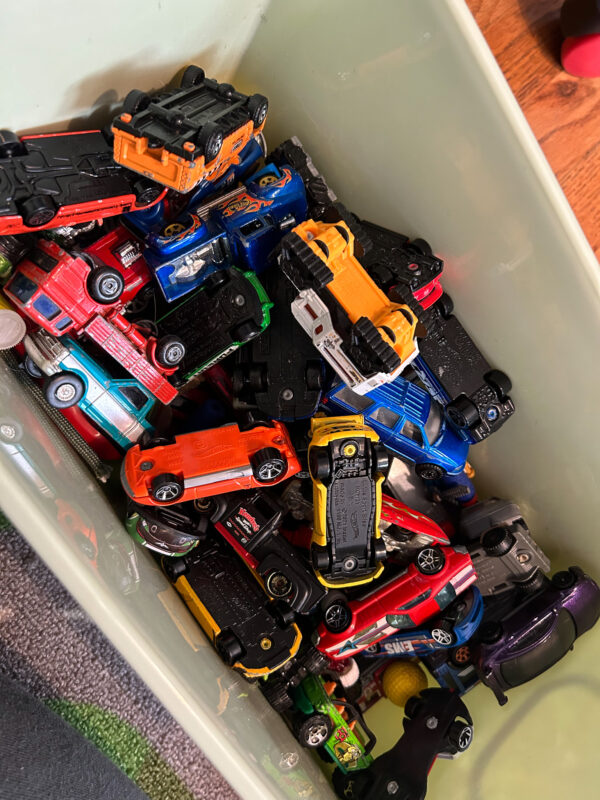
One outcome of this is my apathy toward my own birthday. I’ve managed to adapt from my upbringing and realize that it is important for other people to have their birthdays recognized and celebrated, but I just don’t really care that much about my own. I might use it as an occasion to splurge and buy a cigar that’s a little pricier than what I normally have (time this evening for a beloved Partagas Black Label — a beast of a cigar), but that’s about it.
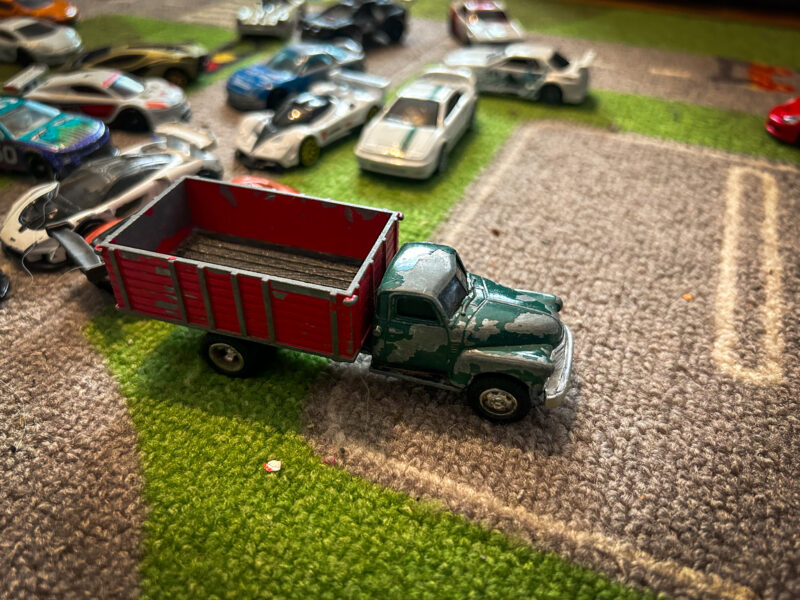
Saying all of that, though, makes me feel I’m somehow condemning Nana and Papa. But they were only following orders: the church taught; they followed. They thought they were doing the best for me. And really, how is it different from anyone else in any other religion? The religion has strictures; either its adherents follow them or they don’t. “It’s Friday. I really shouldn’t eat meat,” Babcia said just yesterday, illustrating that point perfectly. So I don’t blame my parents in any sense of the word. But I am glad that I’m not raising them in such a strictly religious environment.
Is there a substantial difference between “Nobody’s like me” and “Nobody likes me?” Is there anything more valuable than a friend, a real friend you can trust, and who can make your day brighter? Can there be anything more difficult to a young sixth grader than losing the only friend he’s made in his new school (where either his elementary school friends don’t go or they are on a different team)? No, the Boy’s friend didn’t die, but he’s moving, and the Boy can’t take it.
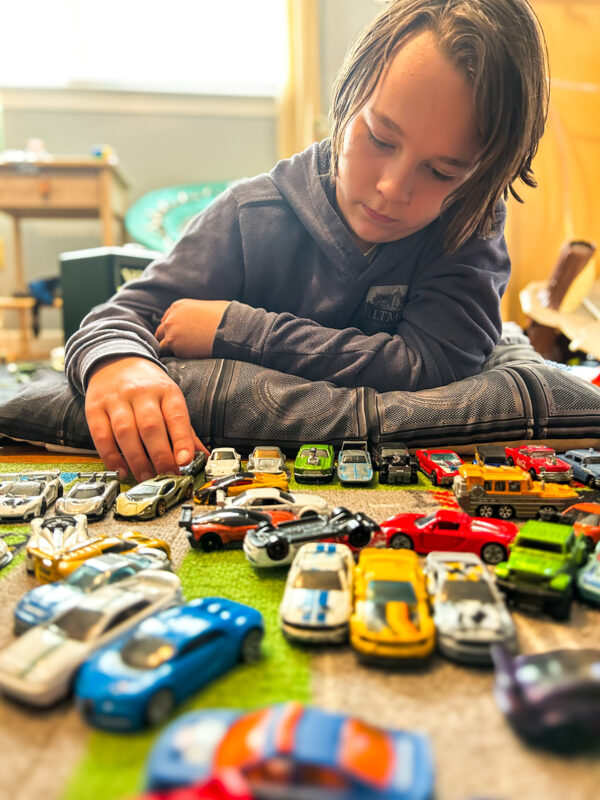
He’s having such a hard time making friends because, in part, despite what I said above, we are raising our kids differently than most people around here. Football? I never watch it; E knows next to nothing about it. Video games? We never bought a console for either child. Restaurants? We rarely eat out. All the little things that kids can connect on, our kids don’t have. L has made up for it. In high school, she’s found her spot, and she even goes to Friday night football games. “I have no idea what’s going on,” she cheerily admits, “but I’m not going there for the game.”
So the Boy has been having a hard time with his social life, a hard time with one boy in particular who seems to be using him, a hard time with so many things. And the Girl has been having some ridiculously painful (but thankfully, not long-term serious) medical issues that make it difficult to sleep at night. And last night, they both exploded, leaving all four of his sleep-deprived and exhausted — physically, emotionally, and mentally.
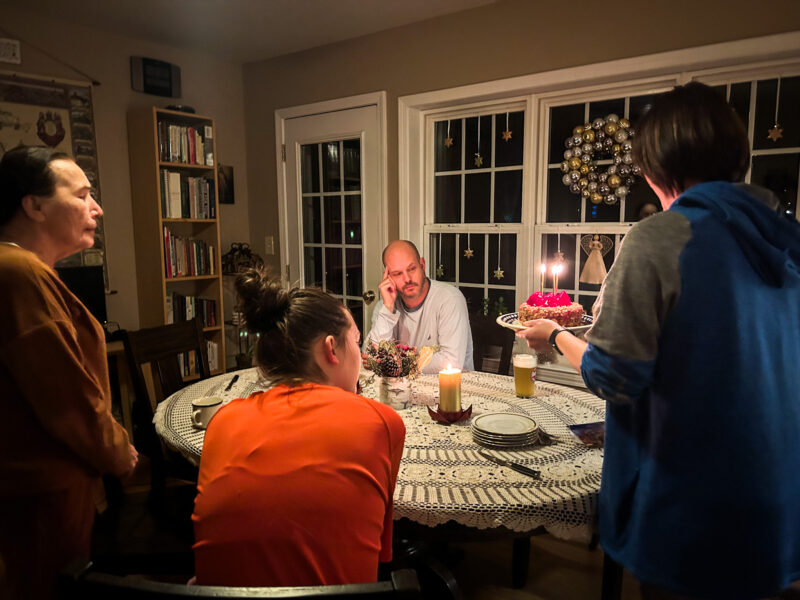
That’s why for most of the day, we stayed home, doing as little as possible. L’s pain finally calmed down and she was able to sleep; K did some grocery shopping and then spent the rest of the day relaxing as the Girl slept, Babcia watched Polish TV on the computer, and the Boy and I played with his cars (first time in a long time we’ve done that).
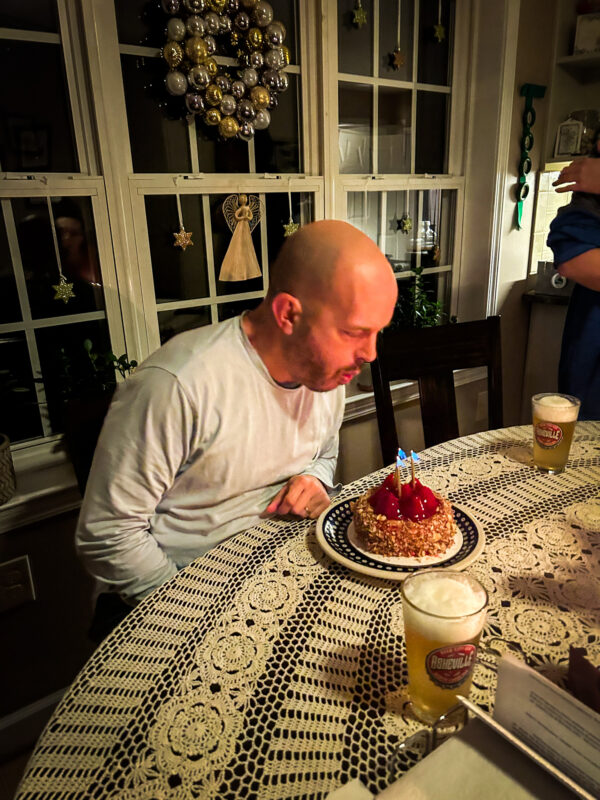
In the evening, K wanted to head back to the store to get some kind of cake for me. The Girl, feeling better than she’s felt in probably a week, decided to go with her. And so they lit some candles and sang “Sto Lat” for me.
And then the Boy gave me his gift: a bespoke card with a twenty dollar bill in it. I looked at K, thinking maybe she’d given it to him to tuck in there, but as little surprise as I, she shook her head. He was giving me his own money.
I just about lost it right there…
If only you knew the hell coming in the late evening…
Looking for something to read, he picks up a book he recommended but his wife abandoned (“Just not my thing”). It’s a short book, a lovely piece of historical fiction, and he decides to read it again. In opening it, he finds the slip of paper his wife had been using as a bookmark: a drawing in a childish hand. A heart and some flowers. His daughter’s name scribbled in the lower corner.
He studies the drawing for a moment, unable to place when or where his daughter drew it. At school? At daycare? At the grandparents’? At home?
Pictures of the past are one thing, but this sends him back into the past so completely that he sits and stares at the drawing for some time, tracing the lines with his finger, a small smile curling into the corners of his mouth.
Now seventeen, his daughter is edging up against adulthood, sliding one foot after another closer and closer, ever so surreptitiously. In truth, she’s been doing this since she was a little girl: sliding one foot a little closer to the threshold of whatever comes next, with it all ending in the inevitable: moving out, starting her own life, being separate from her parents in the most complete way possible.